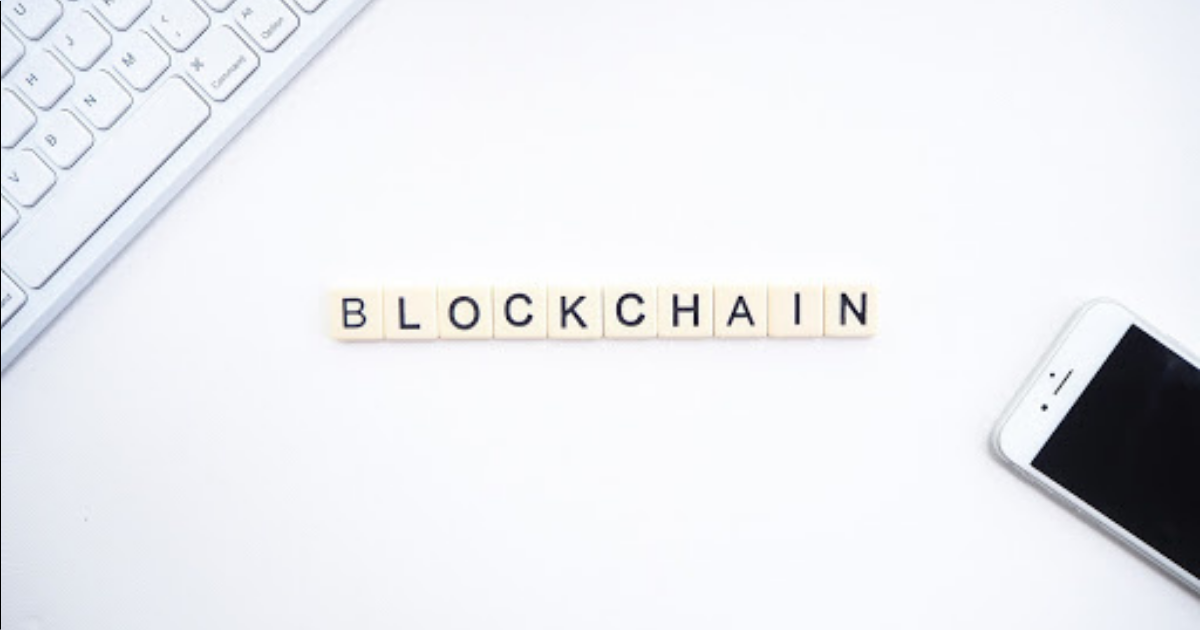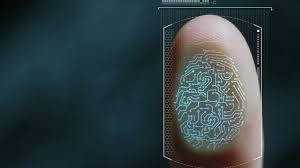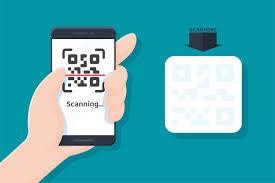” Despite all the precautions such as social distancing, sanitization, wearing masks along with other guidelines that are issued by WHO and health organizations of respective countries regarding COVID-19, there is a significant probability of an individual to get infected by the virus. “
It is more than a year since the onset of the global pandemic COVID-19. After months of lockdown and restricted outdoor activities, things are now getting back towards normal, globally. Despite all the precautions such as social distancing, sanitization, wearing masks along with other guidelines that are issued by WHO and health organizations of respective countries regarding COVID-19, there is a significant probability of an individual to get infected by the virus. In order to reduce the possibility of the spread of the infection to the community, vaccination is key and to know who is vaccinated and who is not there is a trend of adoption of immunization certificates among certain nations.
Immunization certificate refers to the certification from an authorized doctor or representative of the state or health department of any particular country, which states that the person has received immunization towards infectious diseases under this regulation, together with the types of immunizations administered and date of administration as proof of immunity. In the present scenario, when the movement of people is getting back to normal, it is very important to have these immunization certifications. In case of international movement of people, the significance of these immunization certificates is even more. Some of the European countries and U. S. have already been considering similar proposals for other infectious diseases like yellow fever. In context to COVID-19, these immunization certifications are useful for both domestic as well as international travellers while travelling from high-risk areas or towards high-risk areas.

Currently – Seychelles, Thailand and Georgia are some of the countries which are allowing international passengers to enter in their county if they are vaccinated with doses of vaccinations which are permitted in those countries. In addition to these, there are certain more countries which are in process of allowing the immunized travellers to visit them. In India, there is no provision of standardized immunization certificate for COVID-19 as of now but there is a written copy provided to patients which mentions the vaccination details of the patient. Though some of the countries are following the concept of paper-based immunization certificate for COVID-19 immunization.
But there are some of the challenges that are associated with the use of these paper based immunized certificates. The primary challenge that arises with the current paper-based immunization certificate is that for these there should be a government body that needs to be appointed which can take care of the certificate related activities, even once the certificates are issued to certain individuals, it becomes almost impossible to track the statistics of the associated data. In addition to this, there is a need for a proper infrastructure to be implemented on such a large scale, which also questions the availability of both financial as well as human resources (certifiers). Also, there is a possibility of some ethical issues related to the incidence of fake certificates.
“Technology can certainly be useful in order to overcome the various challenges that are associated with the paper-based immunization certificates. Blockchain could be used as a supportive as well as efficient option to replace these traditional methods of certification.”
Technology can certainly be useful in order to overcome the various challenges that are associated with the paper-based immunization certificates. Blockchain could be used as a supportive as well as efficient option to replace these traditional methods of certification. This blockchain based network would work as a decentralized platform which function as follows –

Registration of authorized physicians or healthcare workers who would test for the immunity against respective health condition

Registration of individual undergoing Immunity test and storage of immunity test details

Checking of Immunity status
First of all, a representative of the healthcare authority who is appointed for testing purposes needs to be registered in the blockchain and is provided with the testing id which can be useful for identification purposes. After the establishment of testers at different nodes of the blockchain, individuals of the respective nation needed to be registered and provided with a unique immunization identifier inked with their biometrics. These individuals are then tested and their results are stored in a digital format in the blockchain by the corresponding testers along with their validity. These individuals must be provided with a password or QR code that can be used to review the information stored by the testers, so that they can use the information as per their convenience. At last, there must be an option for the individual to share her immunity certificate with any third person with their consent.
“With the help of such a blockchain based immunization certificate system, it would be very convenient to keep track about the status of vaccination of a particular health system.”
This sort of technology set up eliminates the need of any trusted third parties. With the help of such a blockchain based immunization certificate system, it would be very convenient to keep track about the status of vaccination of a particular health system. These blockchain based certificates would work as international passports to visit foreign countries by eliminating the paperwork and eliminating the risk of infection because of the use of fake certifications. There would no threat to the security of the individual as well as they are tamper proof which ultimately make them ideal for being reliable for considering as entry pass for domestic as well as international travels. Though there are some challenges in implementation of blockchain based technology as there is resistance by the healthcare workers for the adoption of digital technologies but this can be overcome by proper training and assistance, also the benefits obtained from this technology outweighs the financial investment.
Currently, WHO partners with Estonia in order to support the blockchain based immunization certificates. There are certain countries trying to figure out vaccine passports for prevention and surveillance mechanisms, interestingly blockchain fits in providing an effective as well as efficient infrastructure for the same.
“Varsha Prasad had done Bachelor in Pharmacy (B. Pharma) and currently pursuing PGDHM (Post Graduate Diploma in Health and Hospital Administration) from IIHMR, Delhi. Also, she is a trainee with Akhil Systems Pvt. Ltd (ASPL). She is passionate about Healthcare IT and emerging Digital Health technogies”.

